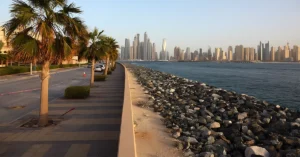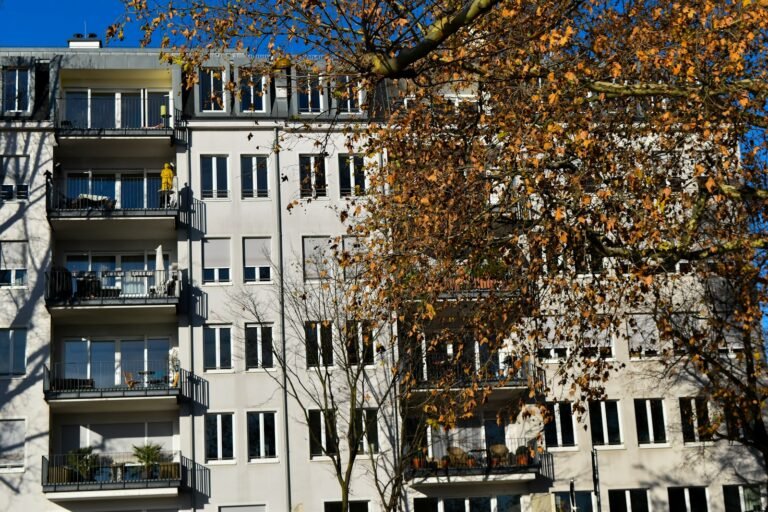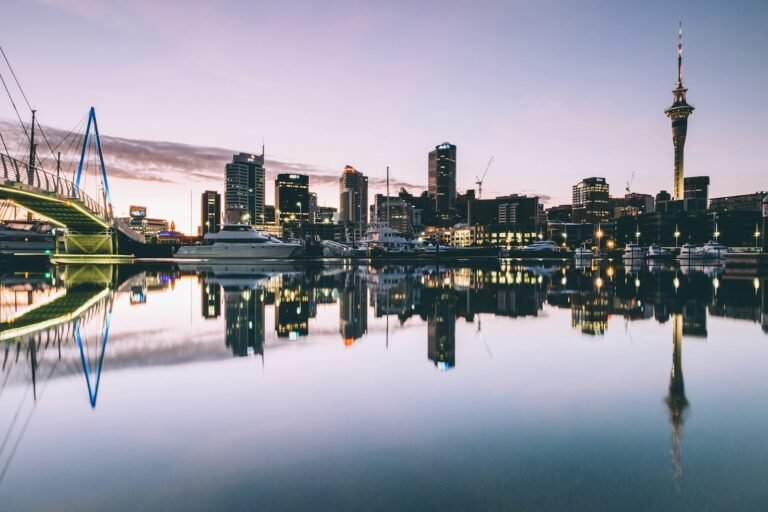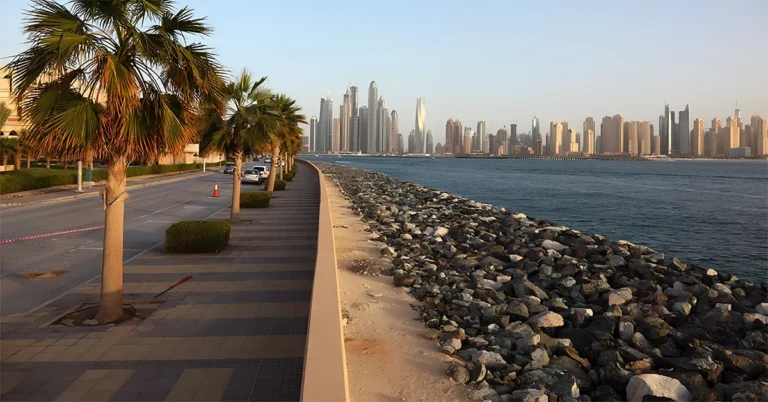Understanding the cost of living in Dubai requires moving beyond simple comparisons and examining how lifestyle choices, neighborhood selection, and spending habits collectively shape financial realities in this dynamic city. While Dubai frequently appears on lists of expensive global cities, the complete picture reveals a more nuanced reality where strategic decisions can significantly impact monthly expenses. From housing and transportation to education and leisure, each component contributes to a personalized financial landscape that varies dramatically depending on individual preferences and priorities.
Also Read: Investing in Canadian Real Estate: What You Need to Know
Housing: Your Largest Variable
The most significant factor influencing the cost of living in Dubai remains housing, which can range from surprisingly affordable to exceptionally luxurious. Accommodation costs vary tremendously based on location, building amenities, and property type. Newer communities on the city’s periphery often provide modern facilities at competitive rates, while established urban centers and waterfront properties command premium prices. Many residents find that allocating approximately 30-40% of their income toward housing creates a sustainable balance between comfort and affordability. The market offers flexibility between apartment living in high-rise towers and more spacious options in villa communities, each with distinct cost structures and lifestyle implications.
Transportation: Beyond the Obvious Costs
Transportation represents another substantial component of the cost of living in Dubai, with options spanning from economical public transit to luxury vehicle ownership. The city’s modern Metro system provides efficient connectivity along major corridors at reasonable rates, while ride-hailing services offer convenience at higher price points. Many residents find that car ownership brings both freedom and significant expenses, including fuel, insurance, parking, and maintenance. The choice between purchasing and leasing vehicles, combined with daily commuting patterns, creates wide variations in transportation budgets. Those working remotely or living near their workplaces often achieve substantial savings compared to residents with lengthy daily commutes across the city.
Education: Planning for Family Expenses
For families considering the cost of living in Dubai, education represents a major financial consideration. The city offers diverse schooling options ranging from government schools to premium international institutions, with tuition fees varying accordingly. Many expatriate families select international schools following various national curricula, with annual costs reflecting the prestige and facilities of each institution. Beyond tuition, families should account for additional expenses, including transportation, uniforms, extracurricular activities, and educational materials. Planning for education costs requires careful research into different school options and their corresponding fee structures, as this expense often represents the second-largest budget item after housing for families with school-aged children.
Also Read: First-Time Homebuyer Programs in Canada: Are You Eligible?
Utilities and Communications: The Basics Add Up
Modern infrastructure comes with regular expenses that contribute meaningfully to the cost of living in Dubai. Electricity and water costs, while generally reasonable, can increase significantly during summer months when air conditioning operates continuously. Many buildings also charge maintenance or service fees that cover common area upkeep and security. Telecommunications expenses include mobile plans and internet services, with competitive packages available from multiple providers. Bundling services and selecting packages that match actual usage patterns can help manage these necessary expenses without compromising on quality or reliability.
Groceries and Dining: Balancing Convenience and Cost
Food expenses demonstrate how lifestyle choices dramatically affect the cost of living in Dubai. The city offers everything from economical local markets to premium international supermarkets, with price variations reflecting this diversity. Eating at restaurants ranges from affordable casual dining to luxurious fine experiences, creating substantial budget flexibility. Those who cook at home using ingredients from local markets can maintain food costs at reasonable levels, while frequent dining out at upscale establishments significantly increases monthly expenses. The wide availability of food delivery services provides convenience but typically costs more than home cooking, making meal preparation habits a major factor in overall food budgets.
Healthcare: Quality Comes at a Price
Healthcare represents an essential component of the cost of living in Dubai, with quality medical services available through both public and private providers. Most expatriates secure private health insurance, which is mandatory for visa holders, with premium costs varying based on coverage levels and provider networks. While basic insurance packages cover essential care, more comprehensive plans provide access to premium hospitals and specialized treatments. Out-of-pocket expenses for medications, dental care, and optical services can add to healthcare costs, making insurance selection an important financial decision that affects both monthly premiums and potential future medical expenses.
Also Read: Understanding the Legal Aspects of Buying Property in Dubai
Leisure and Entertainment: The Lifestyle Choice
Discretionary spending on leisure activities creates the greatest variation in the cost of living in Dubai. The city offers incredible diversity in entertainment options, from free public beaches and parks to exclusive clubs and events. Membership fees for sports clubs, golf courses, and marina facilities can represent significant annual expenses for those who participate regularly. Cultural activities, cinema tickets, and attraction admissions all contribute to entertainment budgets. Smart residents quickly learn to balance premium experiences with the many free or low-cost activities available throughout the city, from exploring traditional markets to attending community events and enjoying the city’s extensive public spaces.
Also Read: Luxury Living: Top High-End Properties in Dubai
Navigating Your Dubai Budget
Understanding the true cost of living in Dubai means recognizing that there is no single answer, instead, each resident creates their own financial reality through countless daily choices. The city accommodates both budget-conscious individuals and those pursuing luxury lifestyles, with corresponding variations in expenses. Smart financial planning involves aligning housing choices with transportation needs, selecting educational options that fit family budgets, and balancing entertainment expenses with savings goals. Many residents find that while certain costs may be higher than in their home countries, the absence of income tax and the high quality of services often create a favorable overall equation.
At Mavit Realty, we help clients understand how housing choices affect their overall cost of living, providing insights into neighborhood value propositions and hidden expenses. Our expertise extends beyond simply finding properties to helping clients make informed decisions that align with their financial goals and lifestyle preferences. Contact us today for personalized guidance on navigating Dubai’s housing market and creating a sustainable financial plan for your life in this remarkable city.









